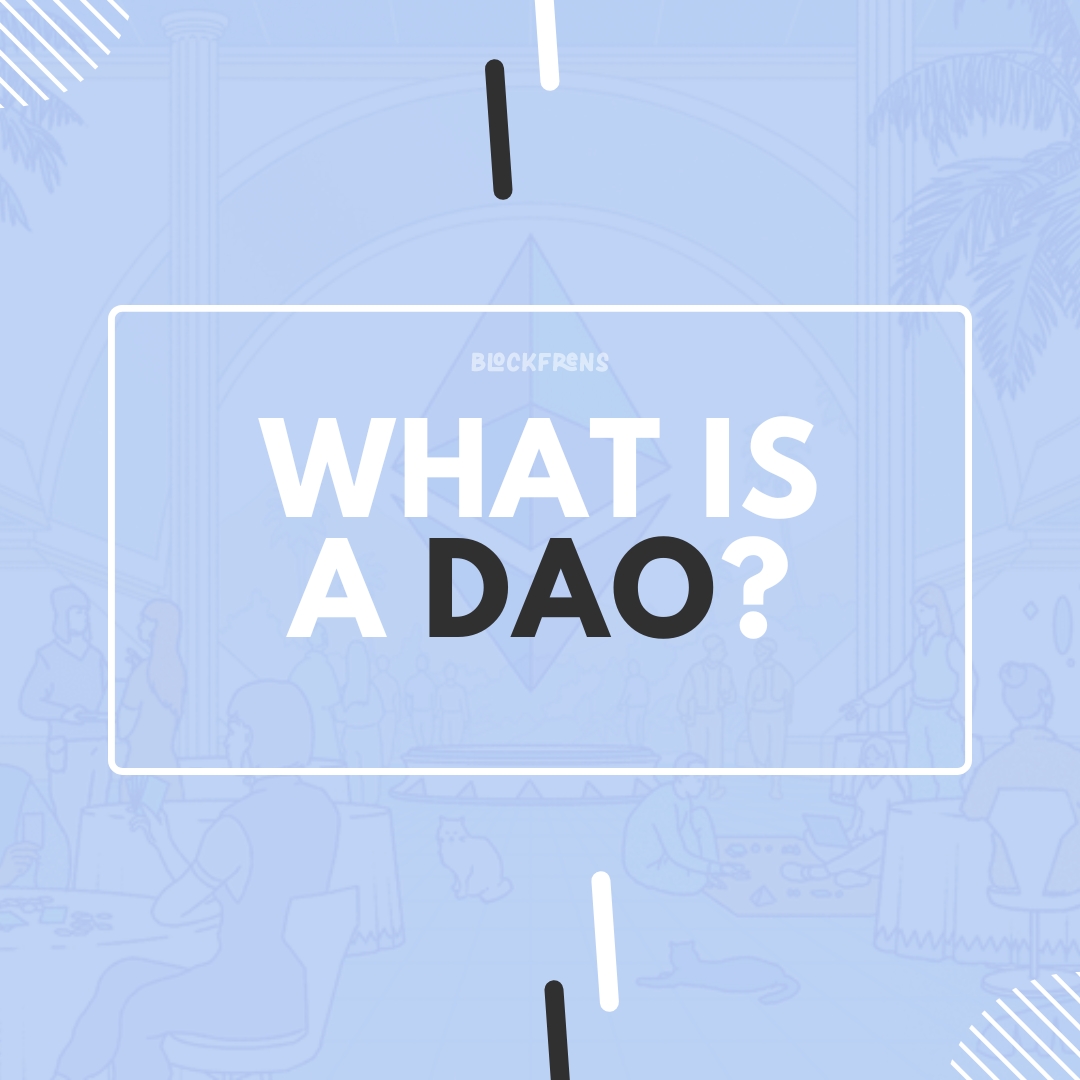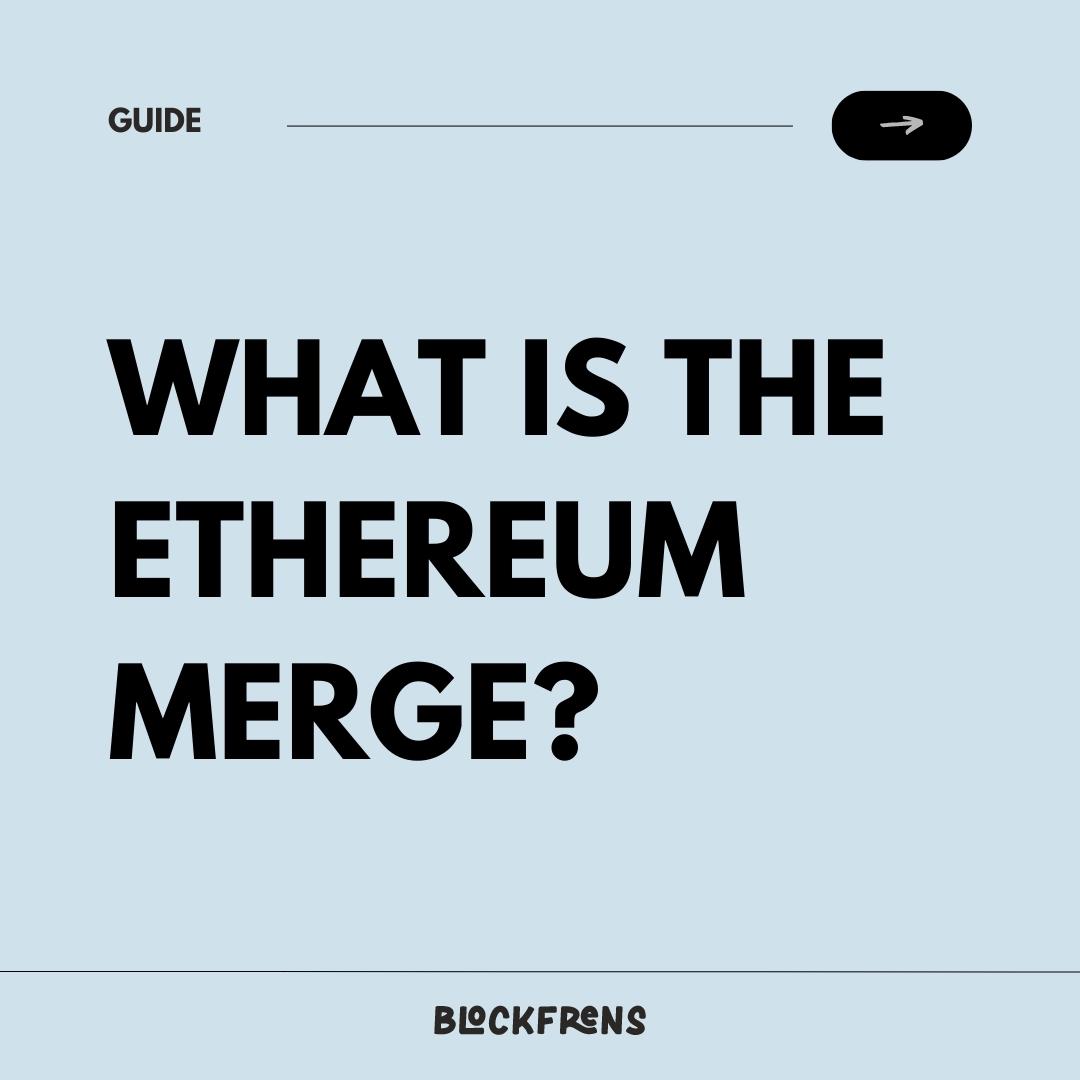What is a DAO?
A DAO, or “Decentralized Autonomous Organization,” is a community-led entity with no central authority. DAOs are collectively owned, managed, and governed entirely by their members, who help make critical decisions on the organization’s future by voting.
According to Consensys, “The rules of a DAO are established by a core team of community members through the use of smart contracts. These smart contracts lay out the foundational framework by which the DAO is to operate. They are highly visible, verifiable, and publicly auditable, so any potential member can fully understand how the protocol functions at every step.
Once these rules are formally written onto the blockchain, the next step is around funding: the DAO needs to figure out how to receive funding and how to bestow governance.
This is typically achieved through token issuance, by which the protocol sells tokens to raise funds and fill the DAO treasury.
In return for their fiat, token holders are given certain voting rights, usually proportional to their holdings. Once funding is completed, the DAO is ready for deployment.”
There have been many great examples of DAOs like Uniswap, a DAO designed to govern its decentralized protocol. There are also collector-based DAOs like Flamingo, a DAO designed to pool members’ funds together so that the collective community can invest in blue chip NFT art and other collectibles.
One great example of a DAO would be a charity – you can accept membership and donations from anyone worldwide, and the group can decide how they want to spend donations.
DAOs are a great way to collaborate with like-minded individuals to achieve a specific goal without the need for a central authority or CEO.
What are your thoughts? Do you think large-scale collaboration works? Let us know your thoughts below. 👇🏽




Leave a Reply
You must be logged in to post a comment.